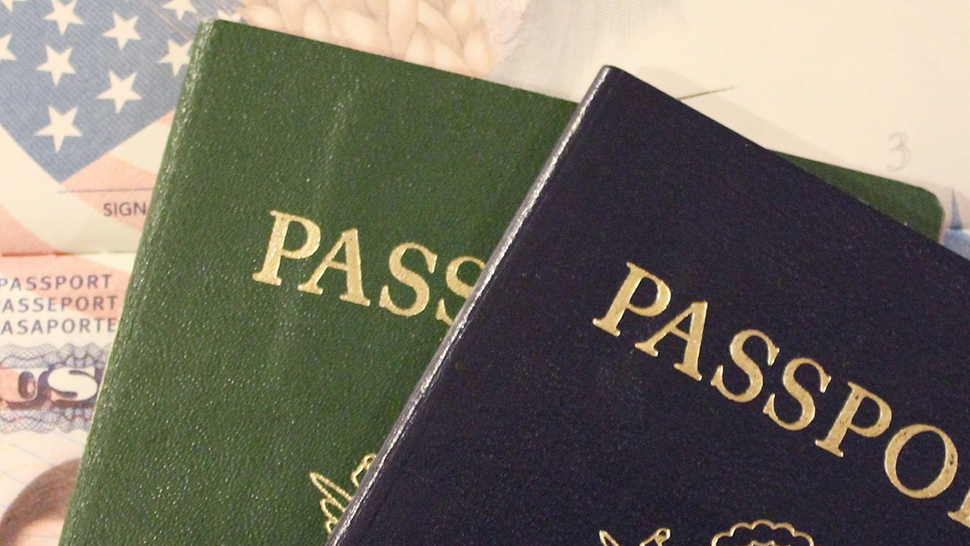
By Gabriela Baron
An official from the Inter-Agency Council Against Trafficking (IACAT) said the revised guidelines for departing Filipinos aim to boost the government’s anti-human trafficking efforts.
Department of Justice Assistant Secretary Mico Clavano, representing the IACAT, said the new guidelines aim to strengthen measures to fight human trafficking and not intended to intrude on people’s privacy or hinder travel.
“Well, this is really not a hindrance to the right to travel. Ito po ay isang polisiya ng ating gobyerno na i-eradicate or tigilan na talaga itong malawak at malalim na problema ng human trafficking,” Clavano said.
“In fact, doon po sa ating statistics, almost 99% of the time ay wala naman po talagang problema. This is only for those vulnerable sectors at ‘yun po ‘yung ginawa ng 2023 guidelines—tiningnan ho natin lahat ng categories ng travelers, ‘yung mga na-identify ho natin na vulnerable sa human trafficking ‘yun po ‘yung medyo mas maraming additional documents kung sakaling magduda ‘yung Immigration officer,” he added.
According to Clavano, the revised IACAT guidelines are similar to the 2015 policy, clarifying that IACAT is not imposing additional documentary requirements to travelers.
Immigration personnel are just looking for red flags or potential trafficking victims, he said.
“Hindi po totoo na additional requirement dahil hindi naman ho ‘yan required. Pag mayroon lang red flags, pag mayroon lang nakitang inconsistency sa kuwento or hindi na-meet ‘yung standard po ng ating mga Immigration Officers, doon lang sila magtatanong,” Clavano said.
Among the basic immigration requirements include valid passport, visa, roundtrip ticket, and boarding pass.
READ MORE: LIST: New requirements for Filipinos going abroad
-ag
